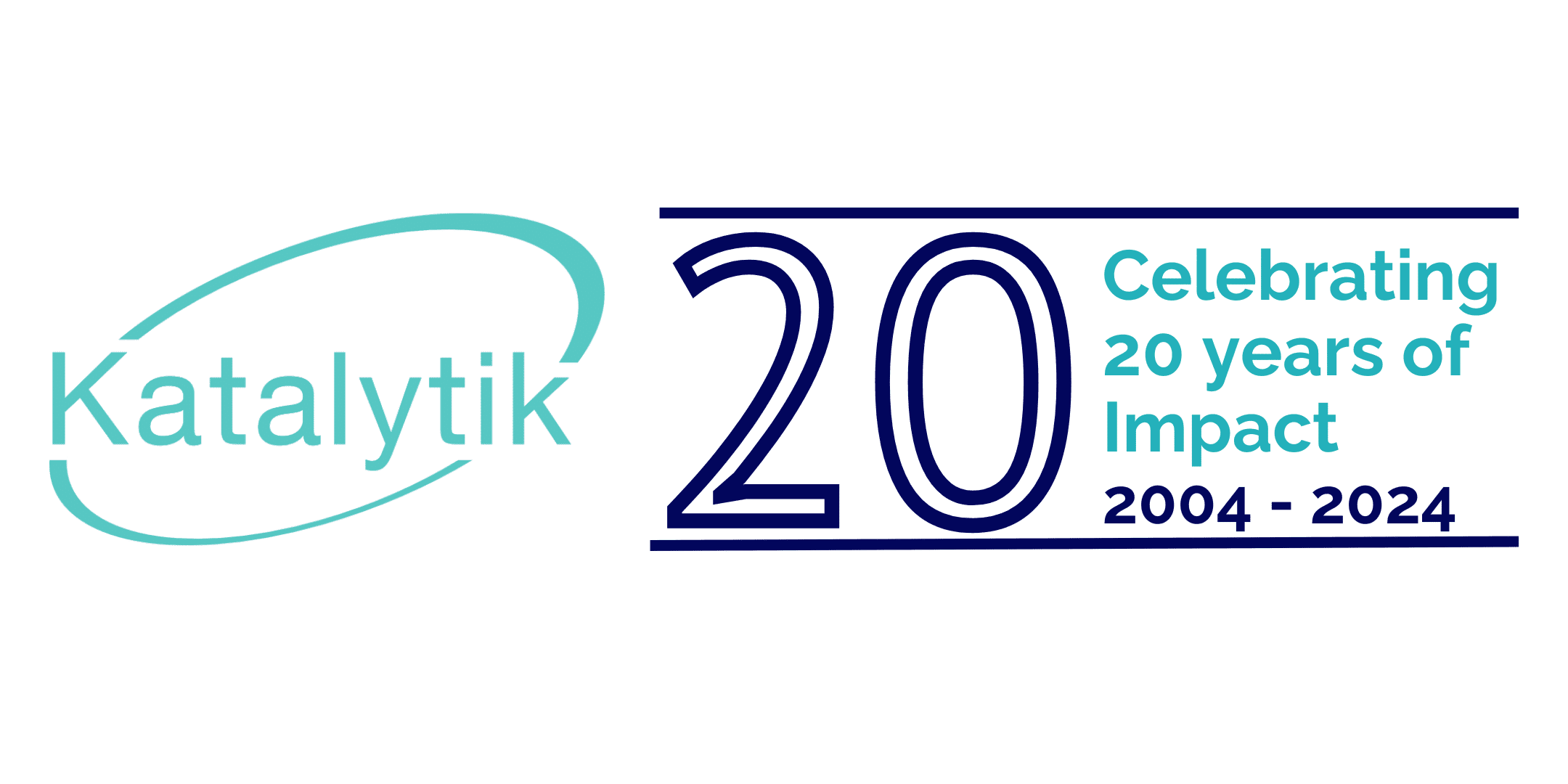
Finding a coach is one of those things that seems to be reserved for high achievers. We often don’t feel worthy of investing the time, or money, in ourselves. Increasingly I’ve noticed that universities are offering coaching as part of their staff development programme. Have you taken it up? Or do you think you have the skills to do your own development and learning.
Finding a coach offers invaluable time and space to focus on yourself. A good coach is able to ask great questions and respond to your answer, probably with another question. There’s definitely many arguments for a personal coach. Over lockdown we explored group coaching with a regional group of the Women’s Engineering Society. Partly as a mood boosting exercise and networking. We’ve been delighted to see members go on to great things and use their strengths to showcase their potential through winning awards, and managing mental health.
The joy of participating in group coaching, offers some other benefits to those who participate in it. Here are some of the key benefits:
Shared learning: Group coaching provides an opportunity for individuals to learn from one another’s experiences and insights. Participants can share their knowledge, ideas, and feedback, and benefit from the collective wisdom of the group.
Accountability:
Group coaching provides a sense of accountability to the participants. When individuals commit to a group coaching program, they are more likely to follow through on their goals and take action towards achieving them.
Support:
Group coaching provides a supportive environment where individuals can share their challenges and receive support from others who are going through similar experiences. This can be particularly helpful in situations where individuals feel isolated or alone.
Cost-effective:
Group coaching is often more cost-effective than one-on-one coaching. Participants can benefit from the expertise of a coach while sharing the cost with others.
Increased motivation:
Group coaching can be motivating, as individuals see others making progress towards their goals. This can inspire participants to stay committed to their own goals and take action towards achieving them.
Greater learning opportunities:
Group coaching can provide more opportunities for learning than one-on-one coaching since participants can learn from each other’s experiences, successes, and challenges.
Practice and feedback:
Group coaching sessions often involve activities and exercises that allow participants to practice new skills and receive feedback from both the coach and other participants. This can help individuals to improve their skills more quickly and effectively.
Overall, group coaching can be an effective way to learn, grow, and achieve personal and professional goals.
The Katalytik group coaching programme is called Momentum. And we offer it twice a year as a public programme, but also as an internal programme to organisations for up to twelve participants. Find out more here. Or book a call
